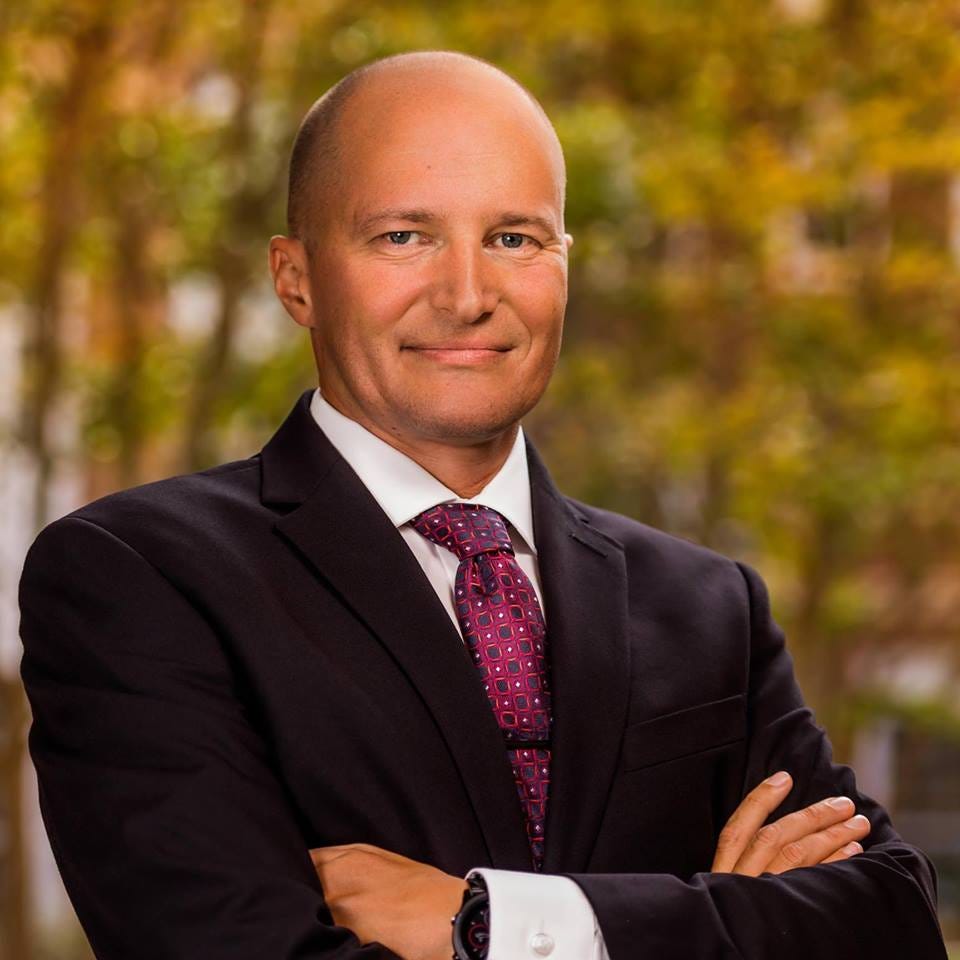Talking to People About a 'Victim Mindset'
Kevin McCarthy says declaring victimhood is an unproductive approach to thinking and that there is a better forward yet is that communication intelligent?
There’s a big problem in society, says Kevin McCarthy, the former Speaker of the House, and it has to do with how parts of the citizenry view life and their potential.
"We must be united in breaking the mindset of victimhood," McCarthy said at the inaugural conference for Alliance for Responsible Citizenship (ARC) in London, adding that, "Instead of connecting people through pain, our mission is to connect people through possibilities and shared dreams for a brighter future."
A bold, likely controversial and possibly hurtful and offensive statement.
“I have some concerns about how leaders communicate these days. They seem to lose their talent for having a good, constructive conversation,” says says Eric Landblom, co-founder and co-owner at JL Endeavors and a leadership expert with over two decades of experience leading men and women in the Marine Corps. “You know, the kind where they share their ideas while also respecting other viewpoints, fostering collaboration to find common ground.”
Leaders’ experiences and the beliefs developed from them might not be the ones of everyone else and that can prevent emotional and psychological connection with audiences.
“It's frustrating to see many politicians and top executives acting like they're the sole arbiters of truth, dismissing anyone who thinks differently,” Landblom says. “People have noticed this trend, and they're voicing their frustration in public discussions, saying that true leadership is a rare find.”
There is a reason that McCarthy may have voiced what he did.
“Leaders often make bold statements to grab our attention and bring social status back to balance, but instead of bringing us all together, these statements often drive deeper divisions,” Landblom says, adding what he recommends. “We really need a return to the Art of Persuasive Communication, where leaders can present their arguments while acknowledging the validity of other perspectives.”
Where communication can — and does — go offtrack, he asserts, is when leaders fall into expressing and revealing their own thinking errors, ones which don’t influence or inspire in a planned, desired manner.
“One significant issue is that leaders today tend to stick to their own beliefs and use confirmation bias to support them, which can come across as narcissistic,” Landblom states. “In a world where leaders should be guiding and unifying people, the current trend of polarizing rhetoric leaves us longing for leaders who can navigate our society's diverse opinions and experiences with more finesse.”
Simultaneously, Landblom doesn’t totally dismiss McCarthy’s intent.
“I've observed a nuanced dynamic between personal accountability and societal assistance. My experiences have led me to believe that while empowerment is essential, it's also vital to recognize how excessive support can inadvertently deter individuals from taking ownership of their lives, akin to the notion of ‘feeding a bear,’” he says.
He isn’t talking about people who have struggled through harm of course. He does speak to some who have faced adversity and have doors to goals and ‘better’ open.
“This perspective is rooted in the idea that overindulgence in catering to individuals with a victim mentality might foster dependency and hinder their journey toward personal responsibility,” Landblom says. “I've seen this dynamic around the world, where, in some instances, excessive assistance can inadvertently discourage individuals from proactively addressing their challenges.”
That is compassion he believes, as is recognition for what many people have endured and still endure. “It's important to stress that this perspective is not universally applicable, as individuals' experiences and circumstances vary significantly,” Landblom adds, talking about balance of understanding. “Some genuinely require support and assistance to overcome obstacles, while others might benefit from empowerment and encouragement to control their lives more.”
From his Marine Corps experiences and leadership development background, he has come to see and know something important.
“I believe it is possible to empower individuals to be the heroes of their stories while ensuring that no one is left without the necessary resources to flourish,” Landlblom says.
He explains what this approach looks like in practice.
Promoting Personal Responsibility: Encouraging individuals to take ownership of their lives, set goals and work towards personal growth.
Providing Empowerment: Offering mentorship, guidance and opportunities for skill development to equip individuals with the tools they need to succeed.
Assessing Individual Needs: Recognizing that different people require different forms and levels of support based on their unique challenges and circumstances.
Creating a Safety Net: Ensuring that those who genuinely need assistance are not left behind while encouraging them to progressively become the heroes of their own stories.
The Communication Intelligence newsletter is a new publication produced by the publisher of Communication Intelligence magazine. Subscribe for free or decide on a paid subscription for “extras,” whichever works best for you.
If you’d like to advertise in the Communication Intelligence newsletter, you can reach out to Comm.Intel.Newsletter@gmail.com and ask questions or express what service, services or products you’d like people to see in this publication.







